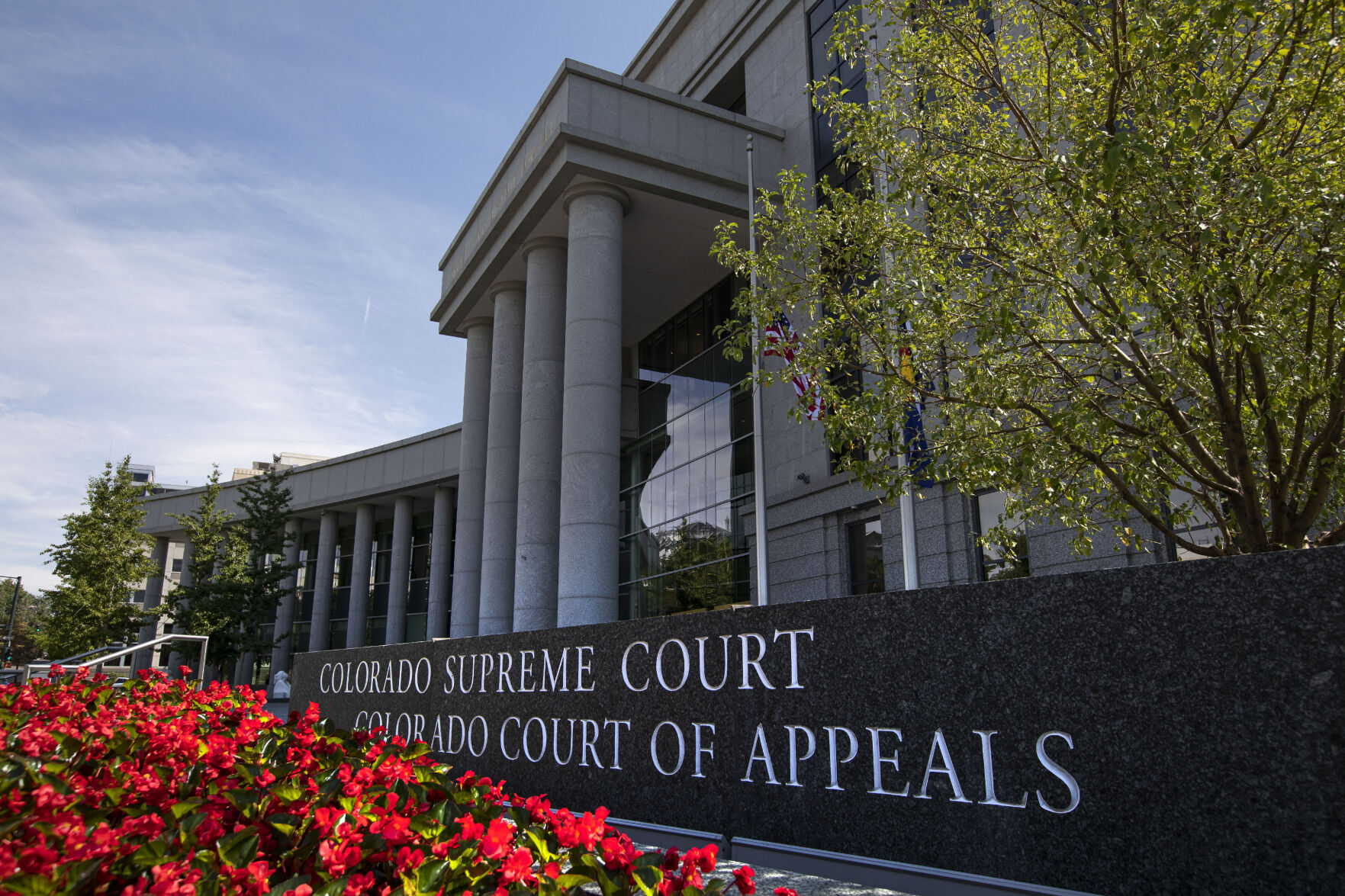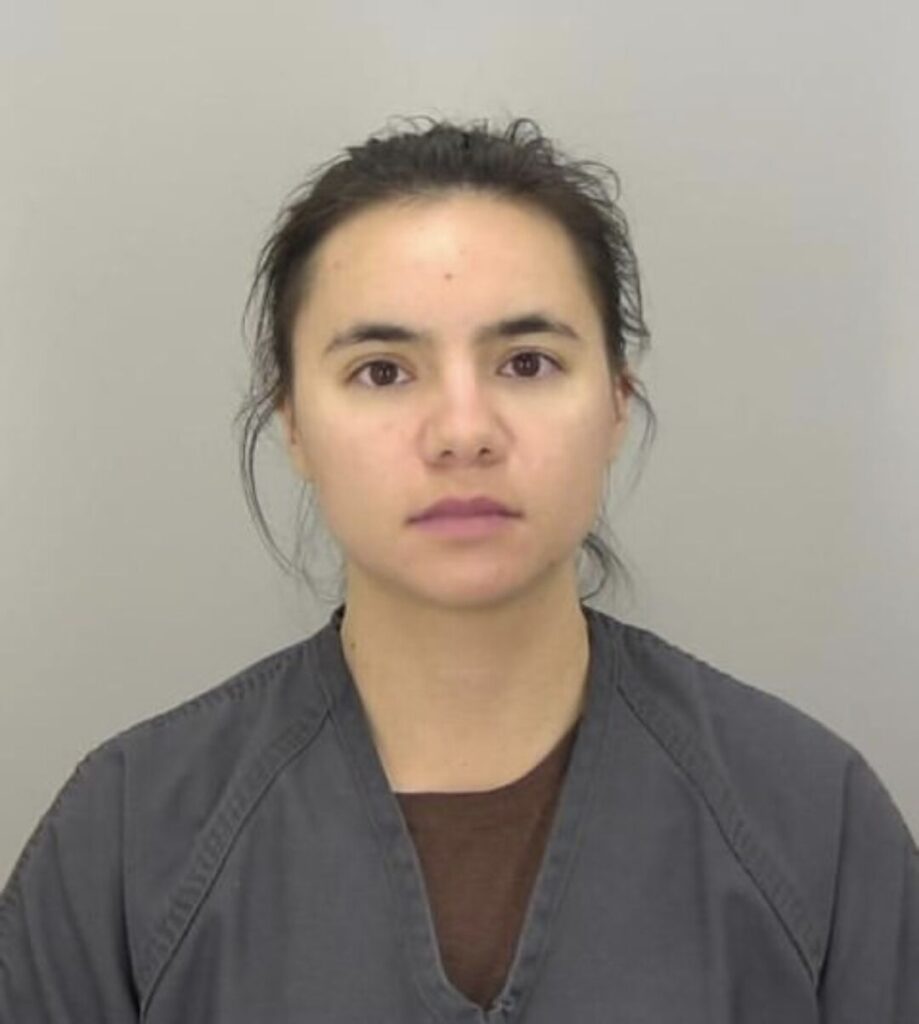Colorado Supreme Court ponders whether domestic violence treatment is ‘punishment’

Defendants whose crimes involve domestic violence are generally required to complete a treatment program and face other consequences, including the relinquishment of firearms.
This week, the Colorado Supreme Court considered whether juries, instead of judges, should decide whether an offense amounts to domestic violence. To get to the answer, the justices must weigh a related question: Do treatment and the additional effects of such a finding amount to “punishment?”
“Treatment is supposed to be specially tailored to the needs of the defendant. It’s aimed at preventing domestic violence in the future,” Assistant Solicitor General Brittany Limes Zehner told the court during oral arguments on Wednesday. She added that the legislature “did not intend it to be punitive.”
But some members of the Supreme Court noted there is a financial cost to defendants for the treatment, and wondered whether that burden inflicted punishment to some degree.
“You see flashing up on the highway, ‘Get a DUI and it’s gonna cost you $10,000’,” said Justice William W. Hood III. “The message there is that we are exacting a form of retribution by imposing that level of cost on you. The same could be said with respect to domestic violence treatment.”
The U.S. Supreme Court has held that, with the exception of a defendant’s prior convictions, evidence used to increase a penalty above the legal maximum requires a jury to make findings beyond a reasonable doubt. Applying that directive, the state’s Court of Appeals previously concluded domestic violence treatment does not contain the hallmarks of punishment, meaning judges alone are allowed to label an offense as domestic violence.
In the case of Trevor A. Pellegrin, an El Paso County jury convicted him of stalking and harassment after he posted a nude photo of his former partner on craigslist with the location of her home, also telling readers to text or call the woman’s phone number “for a free good time.” The victim received dozens of vulgar texts from strangers as a result, which included photos of genitals, and she temporarily moved out of her apartment.
Pellegrin received a jail sentence plus probation. The trial judge, finding the offenses amounted to domestic violence, also ordered Pellegrin to complete treatment. State law notes that such treatment is “in addition to” a sentence.
A three-judge panel of the Court of Appeals subsequently upheld Pellegrin’s convictions. The panel disagreed that a jury was required to find he committed domestic violence under the U.S. Supreme Court’s precedent.
The “domestic violence finding here did not increase the maximum or minimum punishment for the crime. Instead, the finding added a condition to Pellegrin’s sentence – a domestic violence evaluation and any recommended treatment,” wrote Judge Rebecca R. Freyre.
Turning to the state Supreme Court, Pellegrin argued his treatment was not just for rehabilitation. For starters, it followed a criminal conviction, was authorized by the criminal code, and resulted in other restrictions on him – such as the relinquishment of firearms.
“The effects are so punitive that a jury trial right applies,” argued Deputy State Public Defender Emily Hessler.
The government countered that because Pellegrin has already completed his treatment, the issue is moot and, in any event, Pellegrin is barred from possessing guns for other reasons. Even if the Supreme Court were to address the merits of Pellegrin’s claim, the treatment requirement is “really looking to better the defendant and protect society,” argued Limes Zehner.
Separately, the Supreme Court is considering whether Pellegrin’s convictions must merge together if harassment is a lesser offense of stalking. The Court of Appeals previously answered in the negative, relying on a state law that suggests a crime is lesser when it involves a less serious injury or “lesser kind of culpability.”
The parties disputed whether a crime that entails both a less serious injury and a lesser degree of blameworthiness can count as a “lesser included offense.” The government argued the literal wording of the law does not allow for such an outcome.
“Logically, that doesn’t make sense to me,” responded Justice Carlos A. Samour Jr.
However, the court could also find that stalking and harassment are too dissimilar beyond merely their culpability and injury caused.
“Let’s assume we agree with you that it’s an ‘and/or’,” Justice Richard L. Gabriel told Hessler. “Aren’t there just numerous other distinctions between these crimes?”
The case is Pellegrin v. People.














